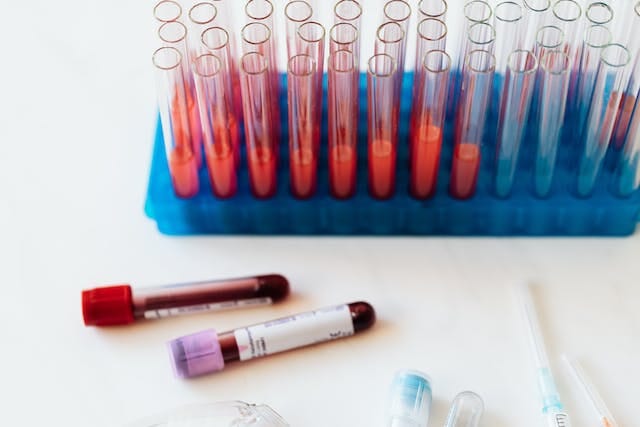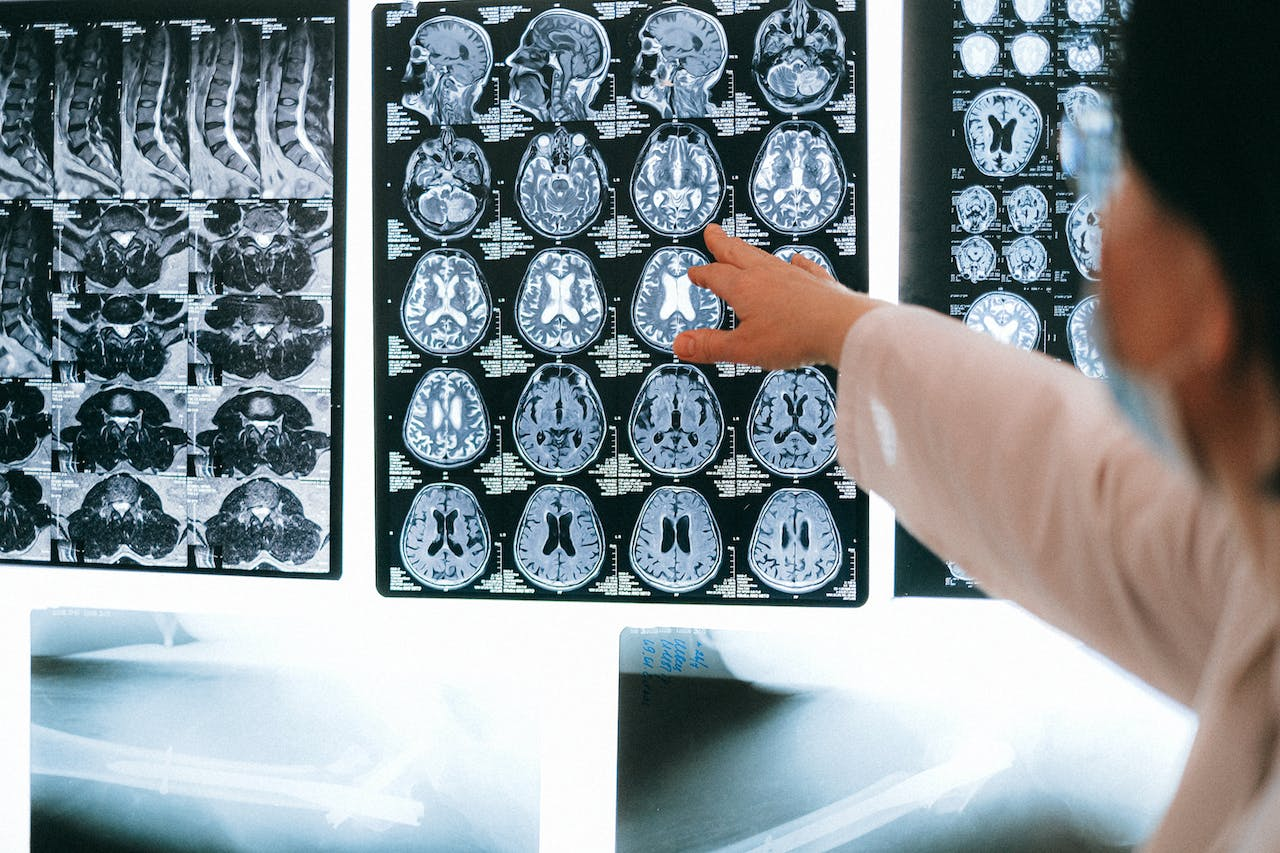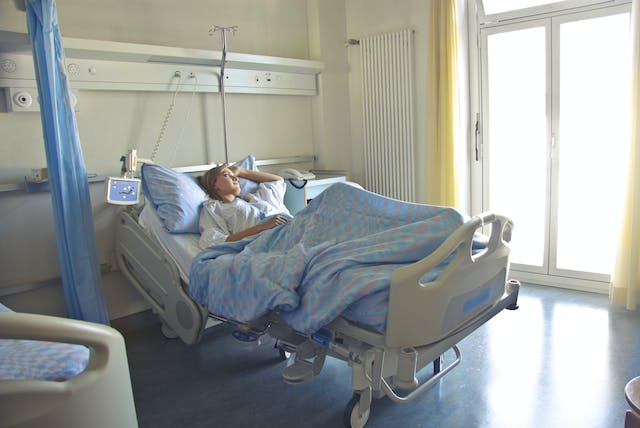
What is a Procalcitonin test? What's the PCT Normal Range?
Time to read 3 min
Time to read 3 min
When there is a risk of systemic bacterial infection or other bacterial infections then a PCT blood test normal range is referenced with PCT levels through blood sample analysis. Your risk of systemic infection, and bacterial and viral infections can be checked by tracking PCT levels.
If your PCT levels are slightly elevated, then antibiotic treatment or antibiotic therapy can be recommended. However, for larger levels there is a risk of severe sepsis or septic shock, which is why more effective medication and treatment is given.
Procalcitonin or PCT is a protein that contains 116 amino acids. It is involved in calcium homeostasis, and arises from the endopeptidase-cleaved preprocalcitonin. If Procalcitonin levels are high, then there may be a risk of sepsis or other bacterial infection related issues.
The PCT test requires a simple blood draw, and the elevation in PCT levels can occur when there is a site injury or tissue damage. It is performed to check whether your infection is caused by a virus or bacteria. It is recommended when there is a risk of sepsis present, and further analysis is required to determine the key issue.
You may experience critical levels of symptoms when there is a risk of sepsis, such as severe inflammation, rapid heartbeat, difficulty breathing, etc. PCT is also a test when there is an emergency case and the patient is admitted in the ER.
If you are tracking the levels of procalcitonin for checking for signs of an infection or disease management, then the normal levels are less than 0.05 ng/mL. If you have PCT levels above 0.25 ng/mL then there may be an infection present.
This should also be confirmed by the symptoms being experienced along with the levels analysis. If you have high fever, confusion, low BP, and difficulty breathing, then there may be a risk of sepsis present. The PCT normal range can be referenced when checking for anomalies.
If there is a diagnosis of sepsis confirmed through the PCT test, then you can also go for further testing. These further tests can provide a more accurate confirmation of whether there is sepsis or damage to organs.
A blood culture test will be able to diagnose the issue through biomarker analysis. If your levels are out of range, then there may be a further confirmation that you may have an underlying health issue.
CRP, CBC, and a quantitative homogenous assay tests, can be performed to check for elevations in PCT and other issues. You can get a complete CBC count at home when you order through MyDiagnostics as well.
Your risk of urinary tract infections can be checked, along with your organ function, with a urine test. Urine test markers should be analysed given the entire medical history of the person.
The liver function test is important to check for signs of damage to the liver. There may be elevations or lowering of certain level markers when there are underlying issues present.
High levels of PCT can be indicators of kidney disease or failure, especially if there is a medical history of kidney problems in the individual.
You can get a CT scan, MRI, and ultrasound to check for signs of sepsis and damage. This is also important to measure the growth of the infection and to see signs of potential damage in organs.
Your risk of serious bacterial infection rises with elevated PCT levels. You may have urinary tract infection issues, bacterial sepsis, lower respiratory tract infections, systemic inflammation, and fungal infections present.
If you are also at risk of respiratory infections or acute respiratory tract infections, then you should track your PCT levels over time as well. Critically ill patients can be given the right treatment and care at any quality hospital.
* Medical Disclaimer - The following information is for educational purposes only. No information provided on this website, including text, graphic, and images, are intended as substitutes for professional medical advice. Please consult with your doctor about specific medical advice pertaining to your condition(s).

